Cloverfield, Annihilation, and Mute: Do Netflix’s big name movies make it a real Hollywood rival, or is it all just expensive smoke and mirrors?
It might seems like Netflix is winning the war on the big movie studios, but a look closer presents a very different story

Netflix has always done well out of being perceived as the cheeky young upstart, the brave disruptor of a stale status quo. A service that lives or dies by how well it can drive and maintain subscriptions, Netflix has a long history of delivering cool, unexpected events designed to prove just how dynamic, fresh, exciting, and in-tune with the modern media enthusiast it really is, compared to the slow, unswerving old-guard.
There was the early championing of much-loved, but decidedly dead, culty shows, whose audiences had long felt neglected by their original owners. The resurrection of Arrested Development made Netflix an instant hero, regardless of the eventual quality of season 4. As did the service's at-the-time unprecedented move of securing day-and-date, ‘live’ broadcast of the final season of Breaking Bad for long-deprived, spoiler-fearing UK audiences, in step with the show’s US airdates. Not to mention its seeming early disregard for the industry's archaic regional distribution rules, with viewers' cravings for foreign watchlists fuelling some of best VPNs for Netflix.
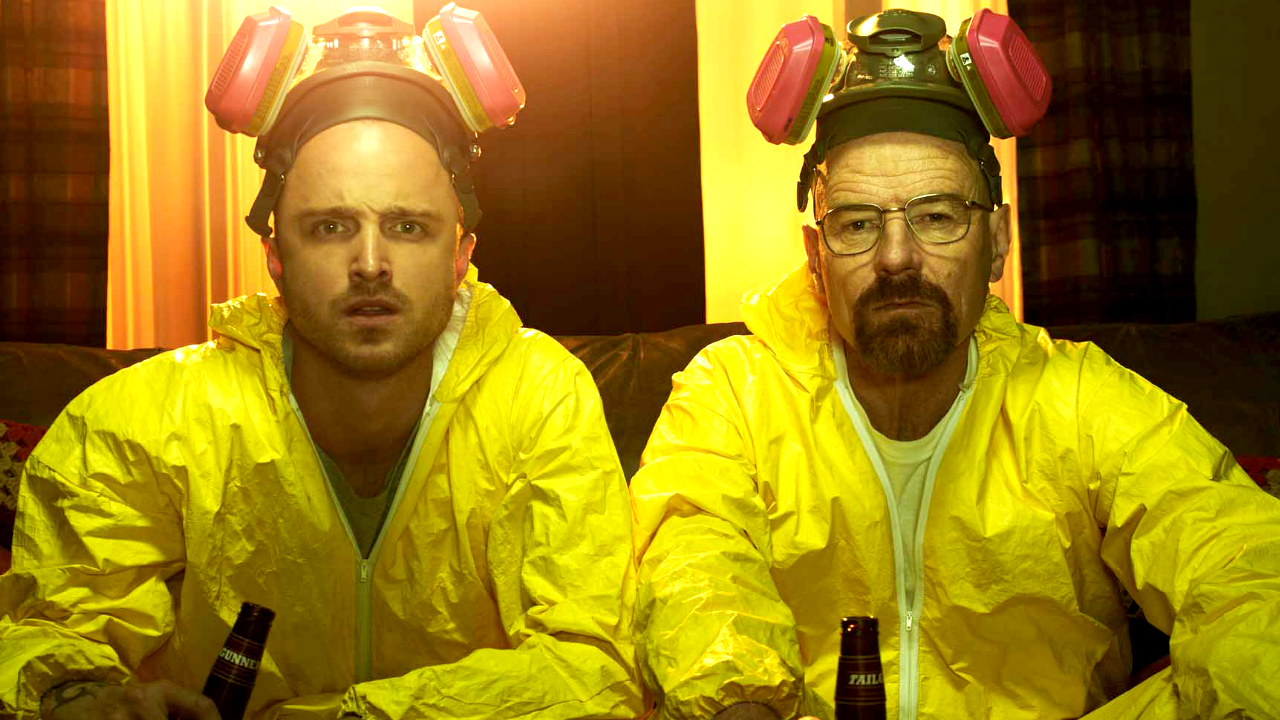
And then there were the many, many revivals of nostalgia shows. The new Voltron anime. The new Gilmore Girls. Hell, there's even a new season of Full House, thanks to Netflix. And that's before we even get into the laser-guided, nerd-niche targeted projects like a Castlevania anime written by comic book overlord Warren Ellis. And, of course, the service's rapidly exploding reputation for being the hot funding destination for fresh creatives wanting big cheques with minimal interference.

The 25 best shows on Netflix
There are now countless producer testimonials recounting gleeful narratives of the type ‘They gave us a load of money and then buggered off until we were finished’. Every move Netflix has made along the course of its meteoric rise has expressed with the intent of driving goodwill sign-ups by creating a singular impression. The impression that Netflix is the cool, young, in-touch choice for the discerning TV and movie nerd, intent on bringing down the slow, safe, interfering, and restrictive ways of the previous establishment. And dear God, it has worked. There's a reason that ‘Cancelled TV shows we want Netflix to revive’ is now a staple article type online. By this point, it feels that in Netflix all things are possible.
It's hard to imagine that a show as specific yet complex as Stranger Things’ heartfelt, authentic, entirely unironic love-letter to ‘80s genre cinema would have been made anywhere else. Nor does it feel likely that a ‘normal’ TV network would have so readily fast-tracked something like the brilliant GLOW, a richly character-driven comedy-drama about an obscure, historical, women-only pro-wrestling promotion, starring one of the leads from Community. It is though, very easy to understand the animosity Netflix has steadily garnered from the mainstream cinematic establishment, as it has stepped up into full-blown movie production of its own. And that hasn’t done Netflix any harm either.
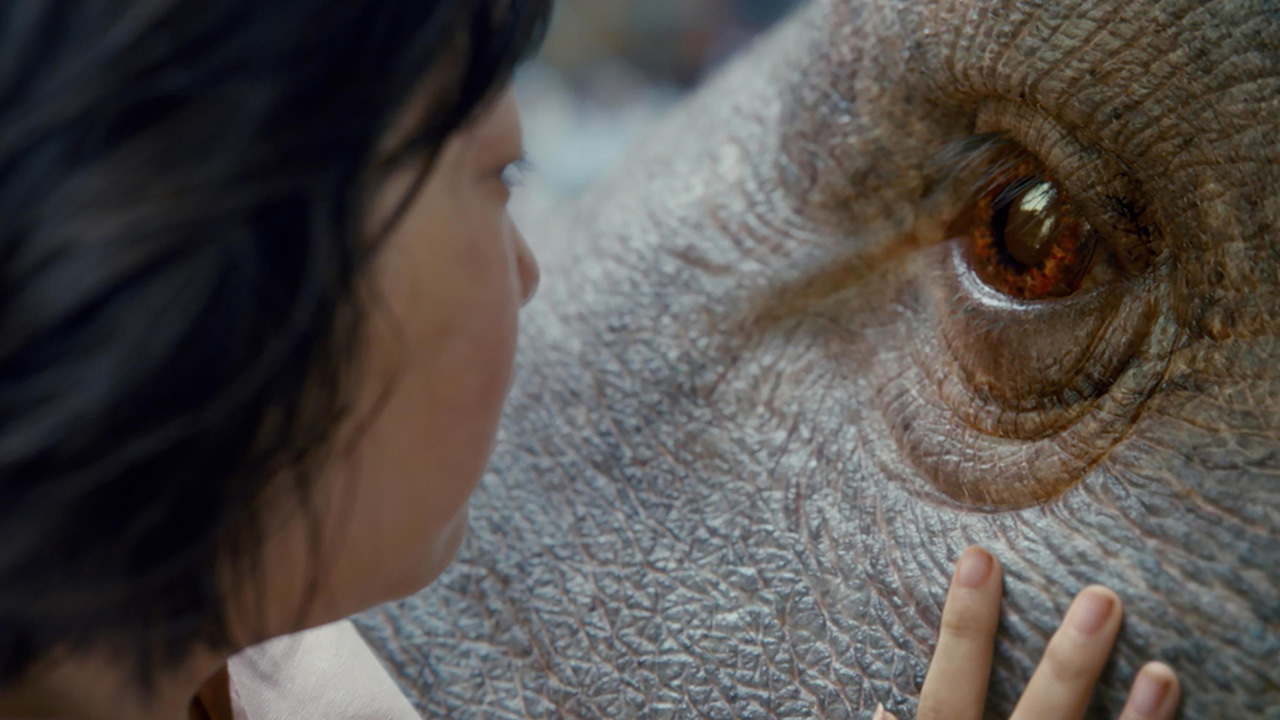
Okja, the brilliant, South Korean fairy tale of young girl and giant pig friend, received a cavalcade of petty boos when it screened at Cannes, ‘earning’ the abuse only through the appearance of that big red logo at the movie's start. Some cinemas in Okja’s country of origin even refused to screen it as a result of its online benefactor. When the mainstream cinema establishment feels threatened by new pretenders, the mainstream establishment gets defensive and pissy in the extreme, as exemplified by the unified response to other streaming initiatives at Cinema Con a few years ago, when only JJ Abrams would speak in favour of a more eclectic, dynamic future for distribution. Thus, the establishment seems in a constant tension with Netflix, just as it works with it for widespread home distribution. For the long-term film fan, crushed by Hollywood’s endlessly turning millwheel of sequels, remakes, safe schlock, and ever-spiraling cinema ticket prices, it has been impossible not to feel some degree of glee in watching all of this unfold. And so, the rebel reputation spreads.
And now, after funding a whole glut of in-house feature films over a remarkably short period of time, Netflix has apparently started to steal externally produced, Hollywood movies directly from under the noses of cinemas. Speaking of JJ Abrams, the long-awaited, long speculated-upon Cloverfield Paradox recently jumped straight from ‘unannounced rumour’ to ‘Streaming right now’ in the time it took a Superbowl advert to play. And Annihilation, the upcoming and tipped-to-be-brilliant new film by Dredd writer and Ex Machina director Alex Garland, has just had its entire cinema release outside of the US and China replaced by a Netflix launch. So that's it, right? Netflix has won. Having earned the hearts and minds of the world's TV and film buffs, and grown to a position of serious power and influence, Netflix can now call the shots, shaking up the distribution model, taking whatever it wants, and blowing apart perceptions of how film and TV works on a whim.
Sign up for the Total Film Newsletter
Bringing all the latest movie news, features, and reviews to your inbox
Well no, I don't think so. It’s very easy to get caught up in the above narrative - particularly, ironically, if you are part of the hyper-engaged media audience that lives to speculate and commentate on the minutiae of these things. But outside of the nerd-press bubble we happily inhabit, I feel the the reality of the story is rather different.
The mundane reality outside
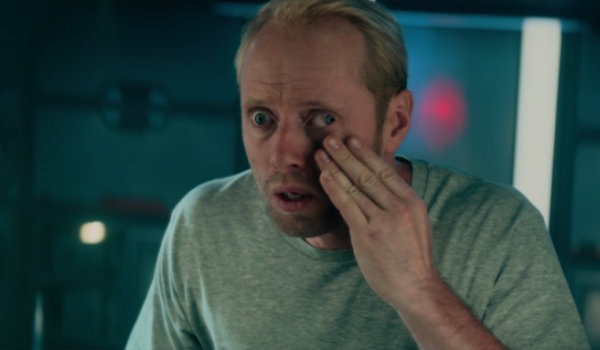
Because what did the less engaged, non-headline-following, more mainstream, casual viewer (aka. normal people, aka. most people) really see when The Cloverfield Paradox happened, while the rest of us were flipping out over the disruption of the movie distribution model as we know it? They saw a crap, low-profile sequel to a film they vaguely remembered spat out into the direct-to-video market, just as crap, low-profile sequels have been since the year dot.
And what will they see when Annihilation goes straight to Netflix outside the US? They'll see another sci-fi film they've never heard of hit the list, to sit alongside all the others they haven’t heard of. They might get round to watching it one day, if they particularly like Natalie Portman. No-one in the US will notice, and the more dedicated film fan elsewhere will probably just be a bit annoyed that the contrivance means they won’t get to see Garland’s latest on a big screen. Depressing thoughts, perhaps, but also accurate. The Cloverfield Paradox is bad, and Annihilation is a decidedly leftfield offering with no major profile outside of enthusiast circles. The backstories of Netflix’s relationships with these films just won't matter a jot to the many people who don't care to know them. And unless the movies Netflix is snagging from outside its own walls are brilliant, megaton exclusives, or genuine cases of the streaming service saving an otherwise doomed masterpiece, this stuff isn’t going to make much of a difference to the engaged viewer either.
And here we must also, perhaps most importantly, look at what the backstories to these movies really are. Or at least most likely are, knowing what we can know from the outside. Netflix reportedly paid over $50 million for The Cloverfield Paradox, a number that apparently covered the movie's production budget quite handsomely. That's a pretty sweet deal for Bad Robot and Paramount, who by that point would have known that they had an embarrassing stinker on their hands, yet could make an instant profit before the offending movie was even announced, risking nothing at the box office, and disassociating themselves from the film to boot. There were certainly winners in The Cloverfield Paradox debacle, but most were arguably on the establishment end.

As for the apparently-very-good Annihilation? There's a similar story to speculate upon. For Annihilation, as good as it may well be, is cursed with the Intelligent Sci-Fi label, and such films rarely set the box-office on fire, despite comprising some of cinema's all-time classics. And despite his massive talent, Garland is not yet a mainstream, household name.

The 25 best movies on Netflix
Thus, it’s entirely possible that Paramount (yes, them again), appraised the film's potential fortunes - conservatively, as mainstream Hollywood always does - factored in the recent, tragic flop of Blade Runner 2049 (itself the sequel to the most tragic, Intelligent Sci-Fi bomb of all), and decided to cut its losses ahead of time, taking another safe cheque from Netflix to mitigate the risk of another cinematic dice-roll by avoiding all overseas distribution costs - including the always astronomical bill for international marketing. In fact, reports suggest that something very similar to that is exactly what happened. Though of course, with critical buzz strong, it made PR sense for Paramount to hold onto the domestic theatrical release for itself. Again, it’s win-win for the big boys.
If these latest deals show traditional Hollywood using Netflix to its own advantage, then Netflix is also surely paying a lot for the privilege. And let's not forget that Netflix’s big, pre-Christmas grab for heavyweight producer status was the Will Smith-starring fantasy actioner Bright, a film which, depending on who you talk to, is either deeply average or the worst crime committed by our species. Will Smith is the most bankable star in Hollywood. Of course it was a coup for Netflix to get him. But being one of the highest-paid actors in the world, Smith can't have come cheap, and thus it’s highly unlikely that Bright drove enough subscriptions to cover its budget. Just as it is unlikely that The Cloverfield Paradox directly made Netflix more than the $50 million+ it reportedly cost to acquire.
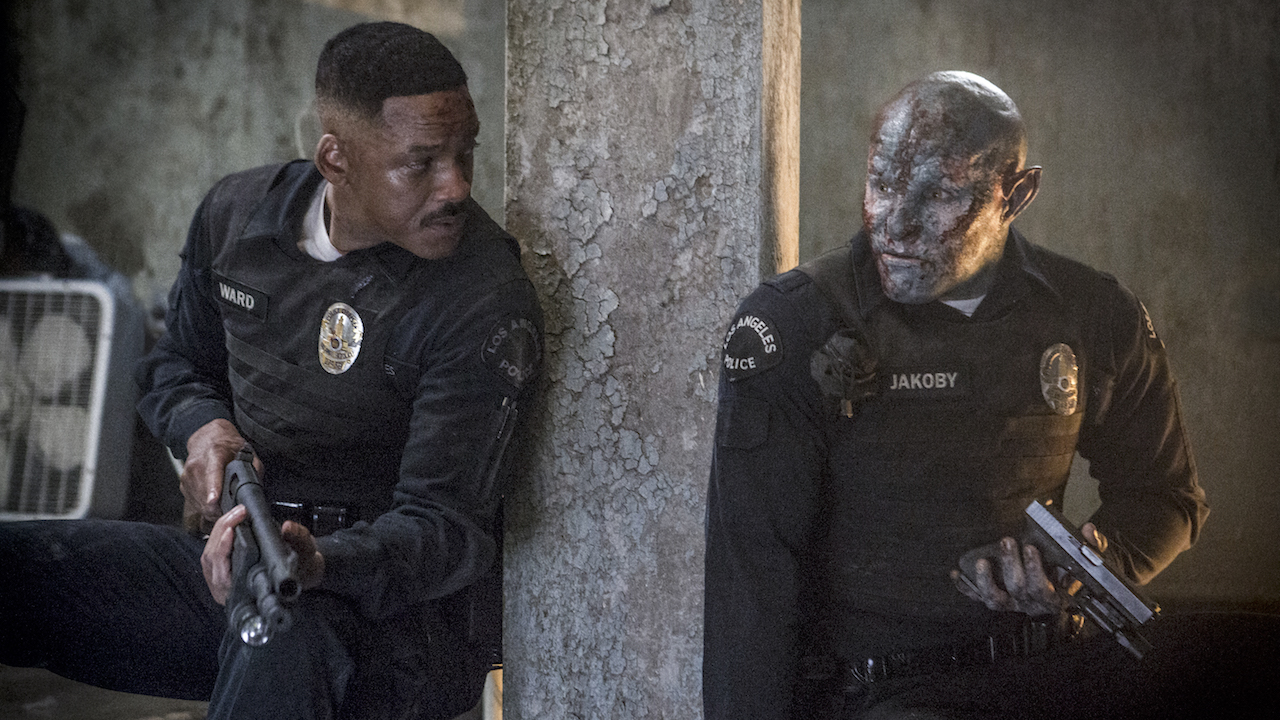
All of this feeds into the fact that Netflix as a business is currently one that - like many successes of emergent, digital media over recent years - sees its value perhaps determined more in terms of perception than in tangible, financial results. Like Twitter, speed of growth and acceleration of profile have given Netflix a high perceived value, but it's debatable how well the profits match. Netflix’s subscriber base is growing quickly, but so are its operating costs - increasingly so, given how much further it’s pushing into film and TV production these days. From the outside, there’s certainly a sense that Netflix, via a race of its own making, is having to run ever faster in order to stand still.
More and more people might be signing up worldwide, but the cost of making and serving the content they’re signing up for is increasing with their numbers. You can check out this article on why Netflix might never turn a real profit for the nitty-gritty financial details, but the gist is that as the consumer value Netflix offers grows, so does the cost of delivering it. And so far Netflix is spending a lot, in order to make not a vast amount of comparative profit.
Thus, perception is both Netflix’s greatest weapon and its biggest flaw. Perception - as a rebel, as a trailblazer, as an audience-minded, give-no-fucks, moderniser of the stale - has given it success, audience loyalty, notoriety, and a hell of a lot of momentum. But if perception retains Netflix’s key metric of success, well, that just can't last. Even with the most altruistic investors in the world, the numbers eventually need to add up. And that surely means that something will have to change, if Netflix intends to keep spending at its current rate. If indeed it even can.
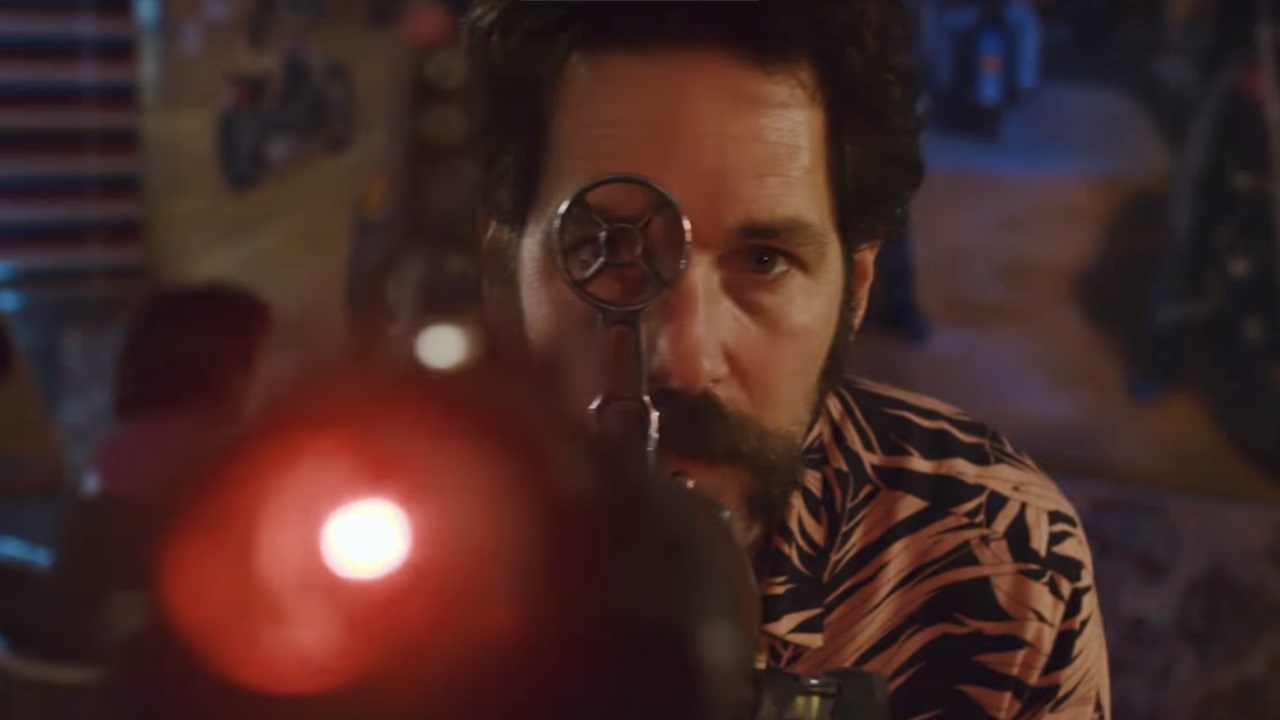
The service might famously refuse to give out viewing figures for individual shows and movies, but it's increasingly going to have to temper its devil-may-care attitude to production funding - an attitude which, despite earning it a decided cool factor, has resulted in a lot of money being spent on resolute failures over the years - with more careful focus. Going all-out to make the most of everything, for everyone, might have achieved the PR goals of the time, but a more analytical, subscription-driving mentality is surely going to have to kick in at some point. Particularly if rival streaming services force Netflix to keep its subscription costs low. Which they will.
And if Netflix really is going to take on Hollywood as a movie producer, it’s going to have to do so genuinely, on its own terms, and with a sharper eye for deliberate quality. It’s going to need more projects with the potential of Duncan Jones’ Moon spin-off, Mute, which is out this week. Projects that bring in big-name, respected talent for films that are (true) Netflix Originals from day one, and which generate wholeheartedly positive impressions of Netflix as a thoughtful, creative studio rather than a dumping ground for other producers' problem projects.
Simply rebranding Hollywood’s cast-offs in a bid to make bigger and bigger headline splashes will not a healthy, long-term future make. Sometimes, less is indeed more. After all, there's no point snagging everyone's attention with a big shout if you can't then command it with what you say next. And Netflix needs to hold an engaging conversation with a lot of people for a very long time to come.



